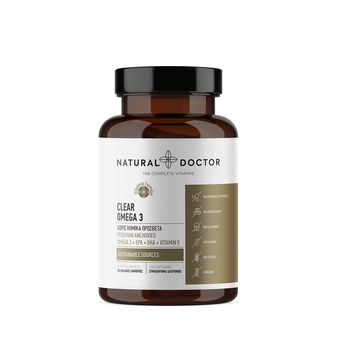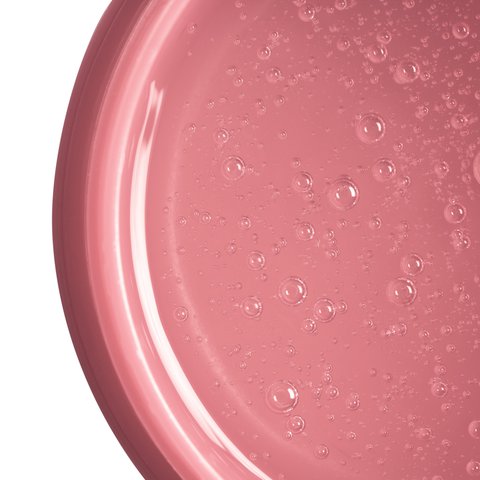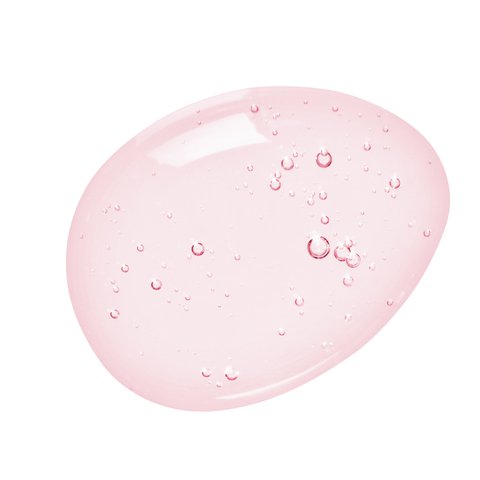Why should you take DHA during pregnancy?

If you are pregnant or trying to get pregnant, you've probably heard about the benefits of docosahexaenoic acid, DHA. DHA is an omega-3 fatty acid primarily found in fish and is essential for healthy fetal development.
Eating fish, especially large ones, bears the risk of eating high amounts of mercury, but there are other options to ensure you and your baby get enough DHA.
The benefits of DHA for mother and baby
The human body has three main omega-3s: DHA or docosahexaenoic acid, ALA or alpha-linolenic acid, and EPA or eicosapentaenoic acid. DHA is found in the most significant amount in the brain and eyes, helping to maintain their structure and function.
DHA and its metabolites affect blood flow to the brain, chemical messengers, neurotransmitters and the creation of new neurons and nerve cells. A balanced level of DHA also affects the frontal and prefrontal lobes of the brain, which regulate the ability to plan, solve problems and pay attention.
A recent study revealed that mothers who received 1,000 mg of DHA during pregnancy had a lower chance of preterm birth than mothers who consumed lower amounts of DHA.
Also, babies born to mothers who consumed a lot of DHA-rich seafood tended to be more sociable, had better motor and social development performance, higher verbal intelligence in early childhood, and a reduced risk of cognitive stunting.
In addition, there were fewer admissions to neonatal intensive care units. In breastfed babies, a high concentration of DHA in breast milk is associated with several benefits, including improved hand-eye coordination.
How to safely consume the right amount of DHA
The baby receives DHA from its mother through the womb or during breastfeeding. Because the human body cannot produce sufficient amounts of DHA, consuming foods or supplements containing this nutrient is the only practical way to increase its levels.
But some types of fish, such as mackerel, swordfish, and bigeye tuna, contain high levels of mercury, which poses health risks to children and pregnant or breastfeeding women. Regular consumption of fish high in mercury can cause a build-up in the bloodstream over time, affecting a baby's developing brain and nervous system.
So eating small fish or consuming a high-quality nutritional supplement with omega 3 is the best alternative for safely increasing DHA levels in breastfeeding mothers.
Clear Omega 3
The Clear Omega 3 nutritional supplement contains high-quality essential omega-3 fatty acids from Peruvian anchovies, free of heavy metals and from sustainable fishery sources. Overfishing destructs the marine ecosystem and endangers vital marine resources for future generations.
More than 3/4 of the fish population is on the edge of overfishing, while many species, such as the swordfish, are already endangered. Sustainable fishing protects fish populations and the marine ecosystem.
We have selected omega from a sustainable source from Peruvian anchovies, which are among the most abundant fish species in the world and come only from sustainable fishery sources.
Clear Omega provides a total of 900 mg of EPA and DHA per daily dose. It provides 360 mg of DHA per daily dose, to help maintain normal brain function and normal vision. In addition, it contains the natural form of vitamin E, which protects cells from oxidative stress.



